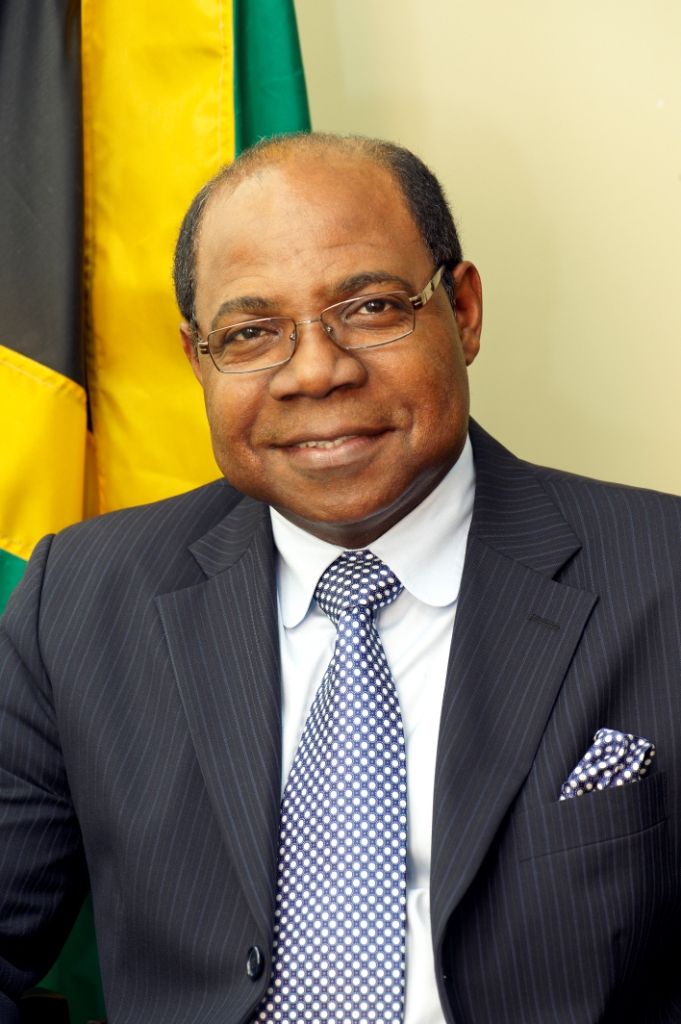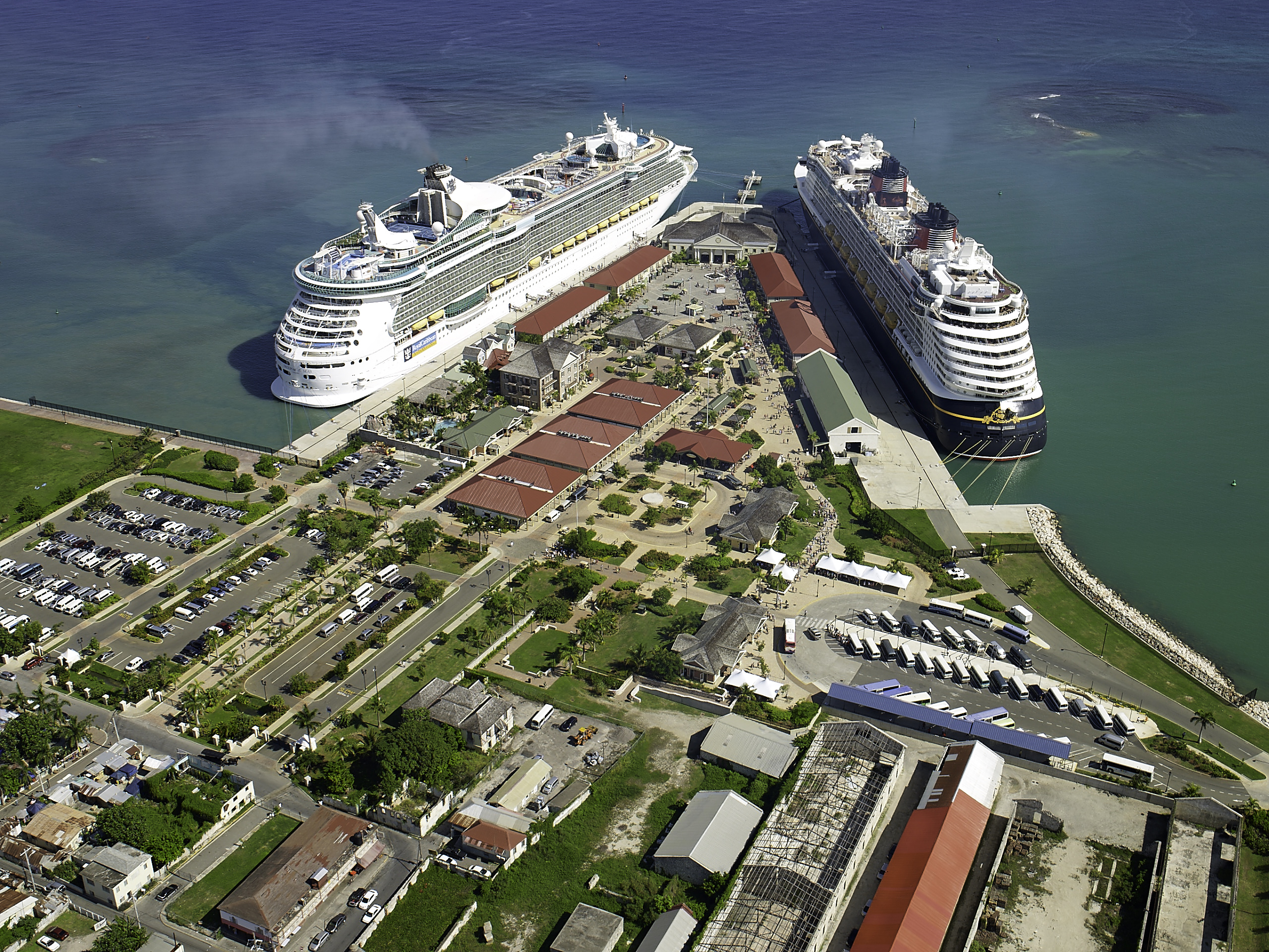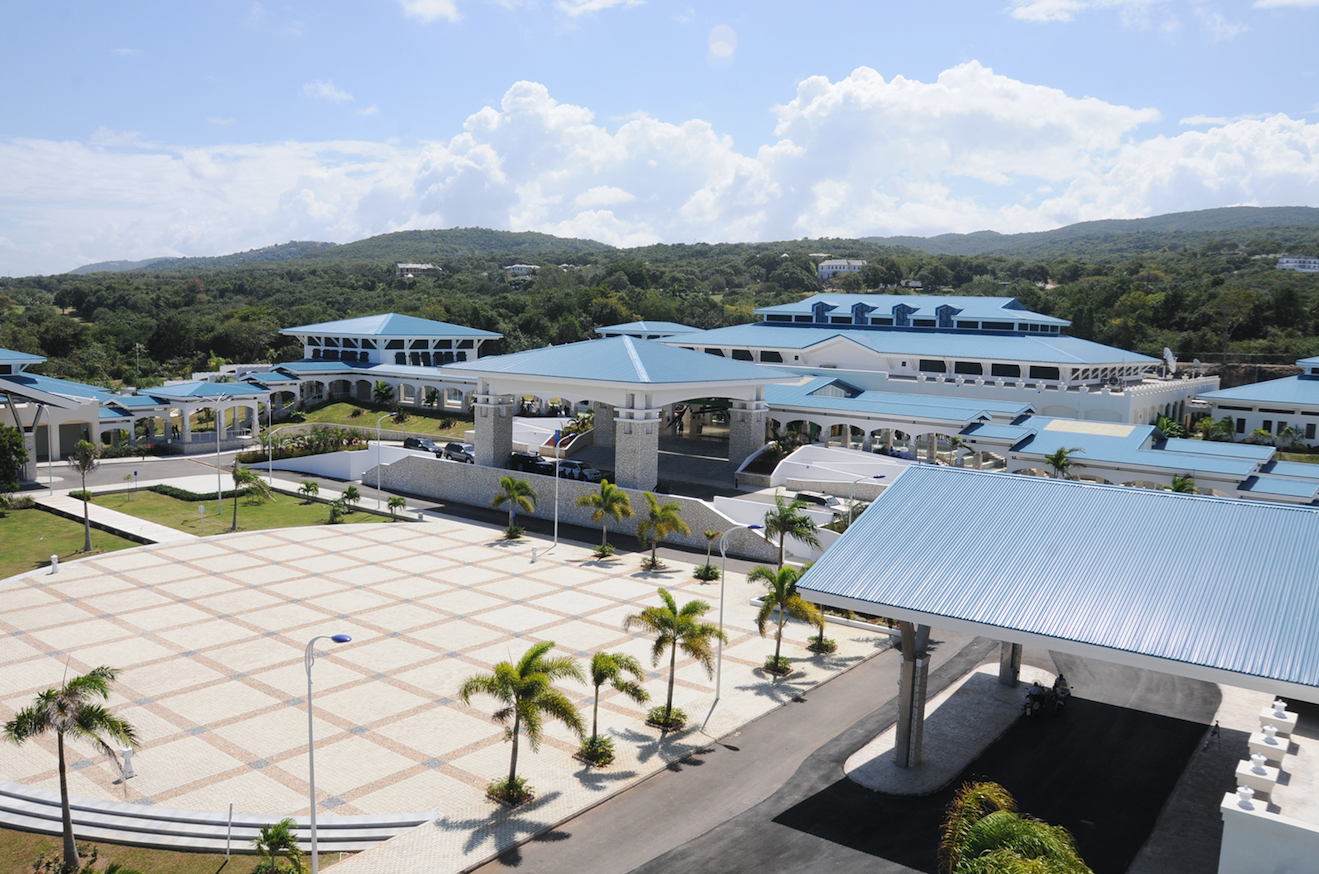For a destination known for inspiring rest and relaxation, Jamaica isn't slowing down. Edmund Bartlett, the country’s minister of tourism, said Jamaica is aggressively expanding its tourism base, beginning with a surge of hotel developments supported by a range of major infrastructure improvements.

But why invest in Jamaica? Aside from its attractive beaches and history of tourism (Bartlett called Jamaica “undoubtedly one of the most beautiful islands in the world"), the country is also investor friendly, and has implemented an investment framework dubbed “Shovel-Ready,” seeking to expedite the development process for new investors. The Shovel-Ready Initiative is the result of joint cooperation between Jamaica’s Tourism Enhancement Fund, Jamaica Promotions Corporation, the National Environment and Planning Agency, the Urban Development Corporation and the Commissioner of Lands to prepackage select investment offerings for interested parties.
“The initiative also seeks to directly assist investors by obtaining tacit development approvals, conducting carrying capacity studies, assessing appropriate land utilization and installing preliminary infrastructure,” Bartlett said. “By doing this, the process of investing in Jamaica's tourism industry is streamlined and expedited.”
With this in mind, Bartlett said reinvestments into the company's infrastructure aren’t coming from a desire to remain competitive, but rather as a way to refine a location that is already thriving.
“The level of visitors we are bringing in, and the quality of the experience we provide, is second to none in the region,” Bartlett said. “The fact that we have grown, and consistently, every year for 35 years is unequaled by any other destination.”
Jamaica is not without its challenges, but Bartlett said the area’s successes show that any future concerns can be overcome. Here are five of Jamaica’s development initiatives taking place to prepare the destination for the future.
1. Hotel Construction
In 2016, Jamaica opened 3,000 new hotel guestrooms, and the country has an estimated 1,120 additional rooms planned to open throughout 2017. Furthermore, Jamaica has a development pipeline that will see an additional 12,500 guestrooms open between 2018 and 2021. Bartlett is unconcerned about Jamaica’s occupancy numbers because the country currently sits at 65-percent occupancy and is on pace to reach 70 percent over the next five years.
“Our objective is to bring the total arrivals to Jamaica to 5 million, and increase our yearly tourism earnings to $5 billion,” Bartlett said. “We will achieve this not solely through [average daily rate], but by improving supply throughout the country.”
Finding investors to build hotels in Jamaica has not been difficult. Rather, the challenge has been in picking the correct properties for the right locations. According to Bartlett, investors are coming to Jamaica from Canada, Mexico, Spain, the U.S. and China, and the brands on offer are varied, though European investors have shown particular interest in developing all-inclusive resorts while Chinese money is looking for more high-end, full-service developments.
“The areas we want to see growth in are Kingston, which is being repositioned as an important location for entertainment and sports, as well as food,” Bartlett said.
Jamaica this year is also hosting the largest conference during the UN’s International Year of Sustainable Tourism for Development, bringing 157 countries together in Montego Bay from Nov. 27-29. More than 500 companies will be involved, and it will bring together the private and public sectors to create interaction between capital and development sectors, opening the country up to further development.

2. Safety and Security
The island has a reputation for having high levels of crime, but the "Jamaica 2016 Crime & Safety Report" found that the country saw a decrease in violent crime, but perception is everything. Bartlett said that the tourism officials in Jamaica are aware of the challenges ahead with regards to how Jamaica is viewed from a safety standpoint.
“The first challenge we have to overcome are improvements to safety, an important area we have been working on and are doing well with domestically,” he said. “We are in a good shape to make a positive case for visitor safety; there are no concerns there, but we do have a way to go to overcome that perception in some travelers.”
3. Energy Interdependence
Bartlett said energy spending accounts for 13 percent of costs for tourism providers in Jamaica, primarily because the island has little access to fossil fuels and renewable energy is still in its infancy. Jamaica’s sustainability interests extend to LED lighting, guestroom sensors for better climate control and operational strategies to optimize the use of energy throughout the country.
“Affordable energy and its availability is critical to competitiveness going forward, and tourism is conscious of this,” Bartlett said. “We are taking on conservation efforts there, and improvements in efficiency are huge.”

4. Agriculture Reformation
Discerning hotel guests are very conscious of what they eat, and in Bartlett’s own words Jamaica has sometimes struggled to meet the food-and-beverage demands of travelers, relying almost exclusively on imports in the past. In response, the country is taking on a new agricultural focus, expanding the production of milk, pork and poultry on the island.
The demand for fresh fruits and vegetables in Jamaica, according to Bartlett, comes in at around $67 million per year, and by focusing on producing rather than leaning on imports the country stands not only to save but to earn.
“This is an ongoing process, and we are expecting by 2020 that we should be able to significantly improve on the production of local goods,” he said.
5. Teaching and Workforce
The development of human capital is also a major focus for Jamaica, and Bartlett said the country is establishing a school for tourism, enabling it to more efficiently issue certifications for its workers. The Jamaica Centre for Tourism and Innovation is expected to open in September 2017, and it will act as a means to not only assist experienced hospitality workers in gaining needed certifications to allow for advancement within the industry, but will also help cultivate the skills of local artisans.
“There are many workers in the industry that are competent but are not certified in the right areas, and this will allow them to take the correct steps for future development,” Bartlett said. “We also want to build out the capabilities of the artisans and craftsmen to offer a greater variety and scope of indigenous offerings. This way future travelers can be assured of the authenticity of local Jamaican products.”
